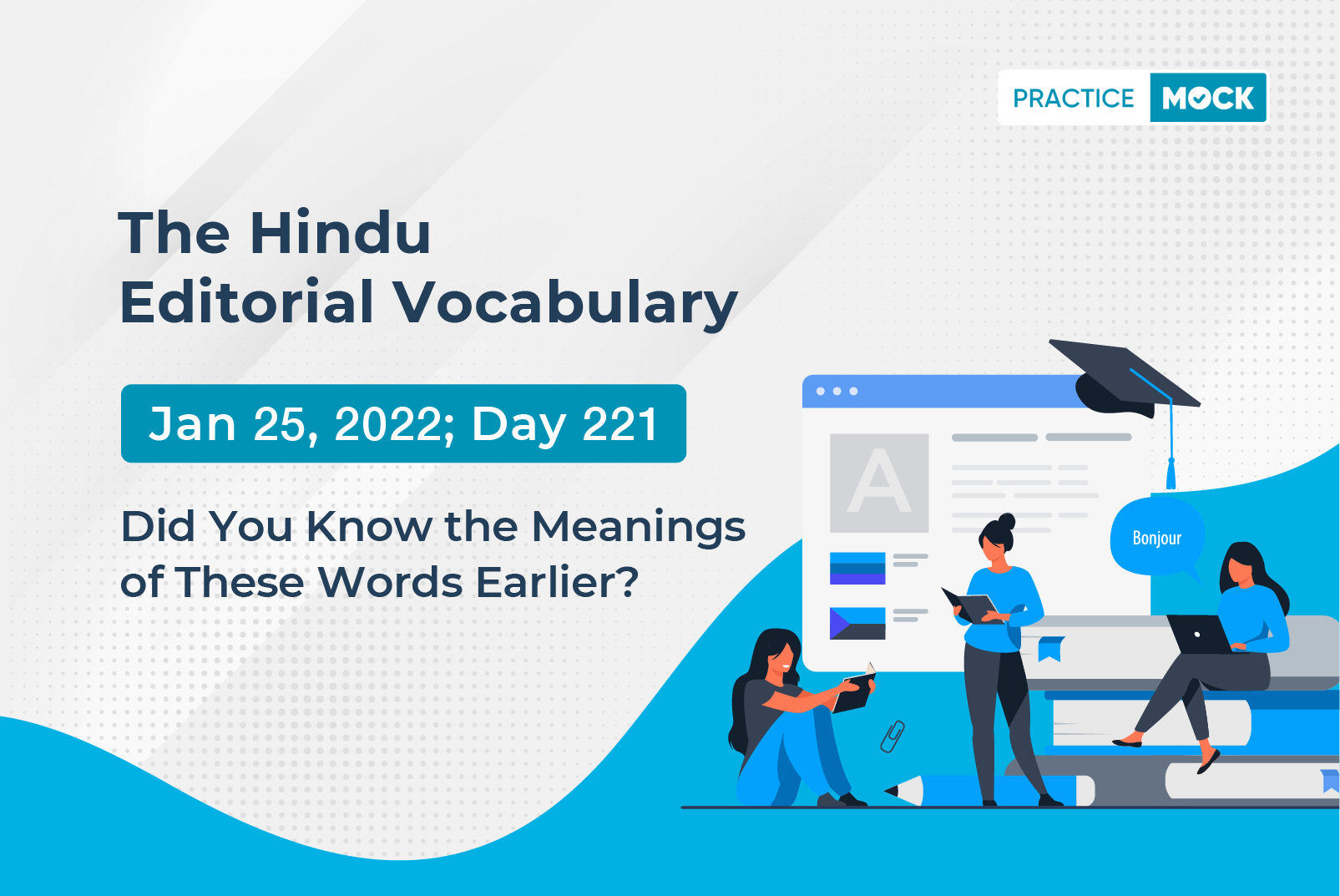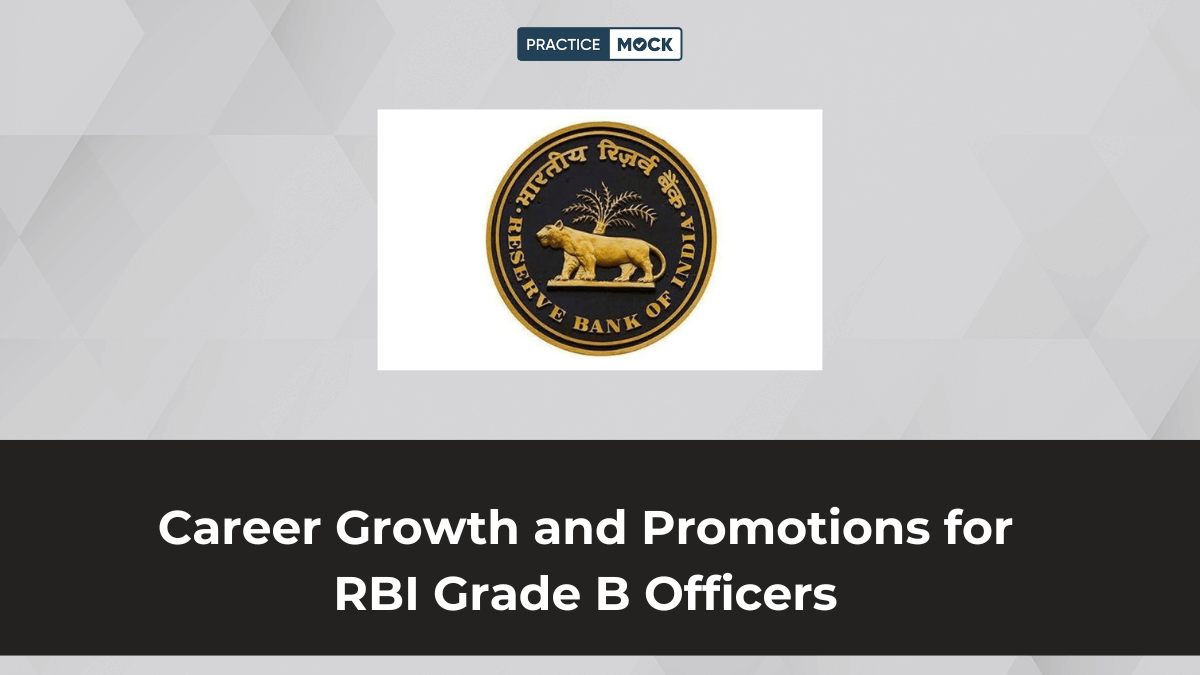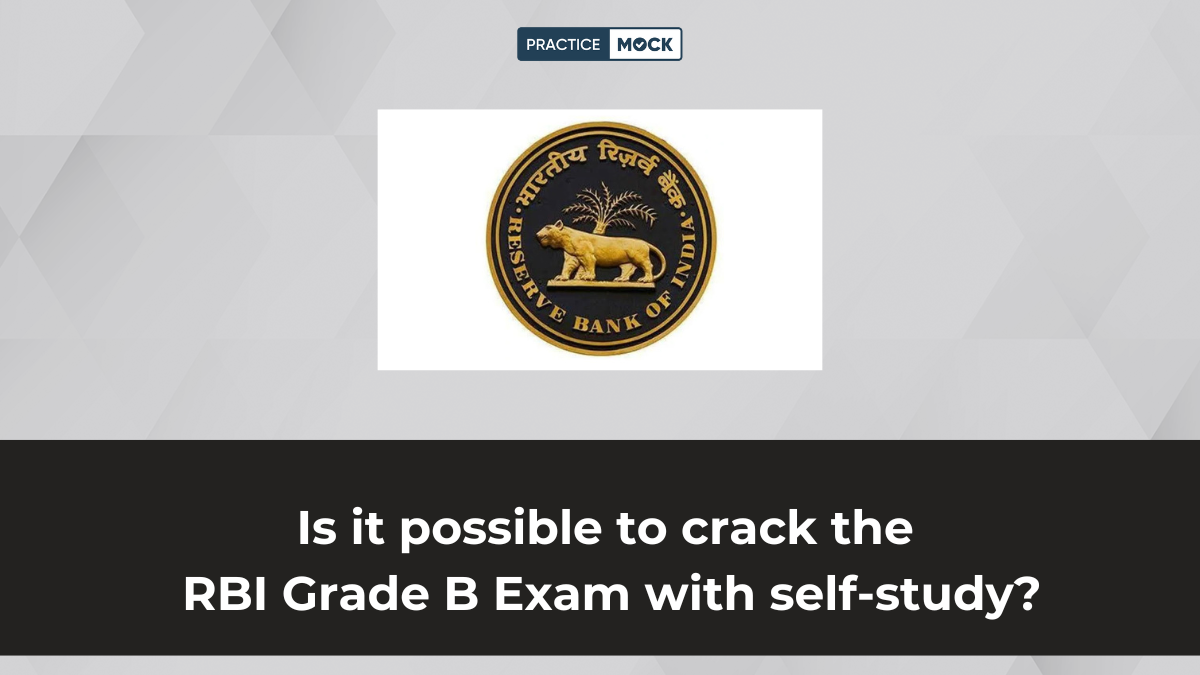

| Difficult Word/ Phrase | Contextual Sense |
| Cherish | Be fond of; be attached to |
| Dichotomy | Being twofold; a classification into two opposed parts or subclasses |
| Protagonist | A person who backs a politician or a team etc. |
| Foregrounding | Emphasise or focus on to make more important or prominent |
| Bedrock | Principles from which other truths can be derived |
| Adversarial | Involving opposition, often hostile |
| Hierarchical | Classified according to various criteria into successive levels or layers |
| Sophistic | using clever but wrong arguments |
| Fidelity | The quality of being faithful |
| Tenuous | Lacking substance or significance |


In conjunction: On evolution of democratic society
Individual obligation is meaningful only when rights are guaranteed by the state
The evolution of a democratic society is centred around the expansion of rights — civil, political, economic and cultural, leading to the empowerment of people. Democratic nations respect individual and group rights for moral and instrumental reasons. Duties, both legal and moral, are cherished (Be fond of; be attached to) in order to reinforce those rights. The obligations of the individual to the collective must be understood in that context; rights and duties complement each other, just as responsibility comes with freedom. Prime Minister Narendra Modi sought to suggest a dichotomy (Being twofold; a classification into two opposed parts or subclasses) between the rights and duties of citizens when he said last week that the country had wasted a lot of time “fighting for rights” and “neglecting one’s duties”. His speech was not the first time that he or other Hindutva protagonists (A person who backs a politician or a team etc.) have called for a foregrounding (Emphasise or focus on to make more important or prominent) of duties over rights. Service and the sacrifices of nameless and faceless nation-builders have formed the bedrock (Principles from which other truths can be derived) of the modern Indian Republic, but their sacrifices were indeed for rights, dignity and autonomy. Any notion of rights and duties being adversarial (Involving opposition, often hostile) or hierarchical (Classified according to various criteria into successive levels or layers) is sophistic (using clever but wrong arguments). The Indian Constitution enshrines equality and freedom as fundamental rights, along with the right against exploitation, freedom of religion, cultural and educational rights, and the right to constitutional remedies. The deepening of Indian democracy has led to an expansion of rights — education, information, privacy, etc. are now legally guaranteed rights. The state’s fidelity (The quality of being faithful) to these rights is tenuous (Lacking substance or significance) at best. Citizens are generally duty-bound to protect the integrity and the sovereignty of the country, and this is true for India though there is no conscription. Other constitutional duties expected include a duty to promote harmony and brotherhood, and to develop scientific temper, humanism and a spirit of inquiry.
Any shift in state policy emphasis from rights to duties will be absurd and a disservice to many for whom the realisation of even fundamental rights is still a work in progress. An enlightened citizenry is critical to progress and good governance. But duty is not something that the citizens owe to the state. The obligation of individual citizens to the collective pursuit of a nation can be meaningful when their rights are guaranteed by the state. The citizen has a right to use a public road, and a duty to obey traffic rules. The right and the duty are meaningful only in conjunction. The Prime Minister’s comments come against this backdrop — formal and informal restrictions on the rights of citizens are on the rise along with coercive powers of the state. The emphasis on duty along with the de-emphasis of rights also raises the spectre of a descent into pre-Republican norms in social relations. The celebration of India as a traditionally duty-driven society carries with it the inescapable connotation of an exploitative division of labour and norms that are antithetical to constitutionalism. Needless to say, that is not progress.
Recent Posts
Career Growth and Promotions for RBI Grade B Officers
Learn about the career growth and promotion structure for RBI Grade B officers and how…
300+ Reasoning Important Questions For BOB Apprentice 2025 Exam
In this article we are providing the 300+ Reasoning Important Questions For the BOB Apprentice…
Step-by-Step Preparation Strategy for PNB SO 2025 Exam
In this article we are providing the Step-by-Step Preparation Strategy for PNB SO 2025 Exam,…
IBPS PO Syllabus 2025, Check Prelims & Mains Detailed Syllabus
IBPS PO Syllabus 2025 will be released along with a notification pdf. Candidates can check…
What is the probation period for RBI grade B officers?
Learn about the RBI Grade B probation period, its importance, and how it shapes officers'…
IBPS SO Syllabus 2025, Check Prelims & Mains Pattern and Syllabus
IBPS SO Syllabus 2025 will be released on the official website. Candidates can check Prelims…


